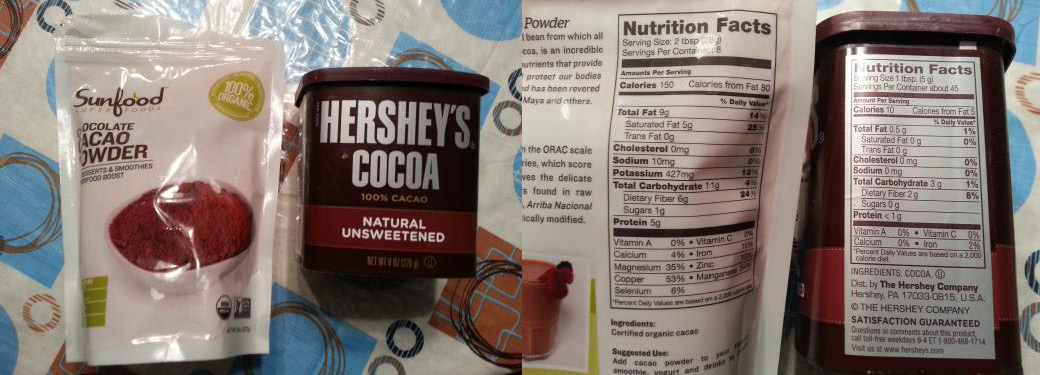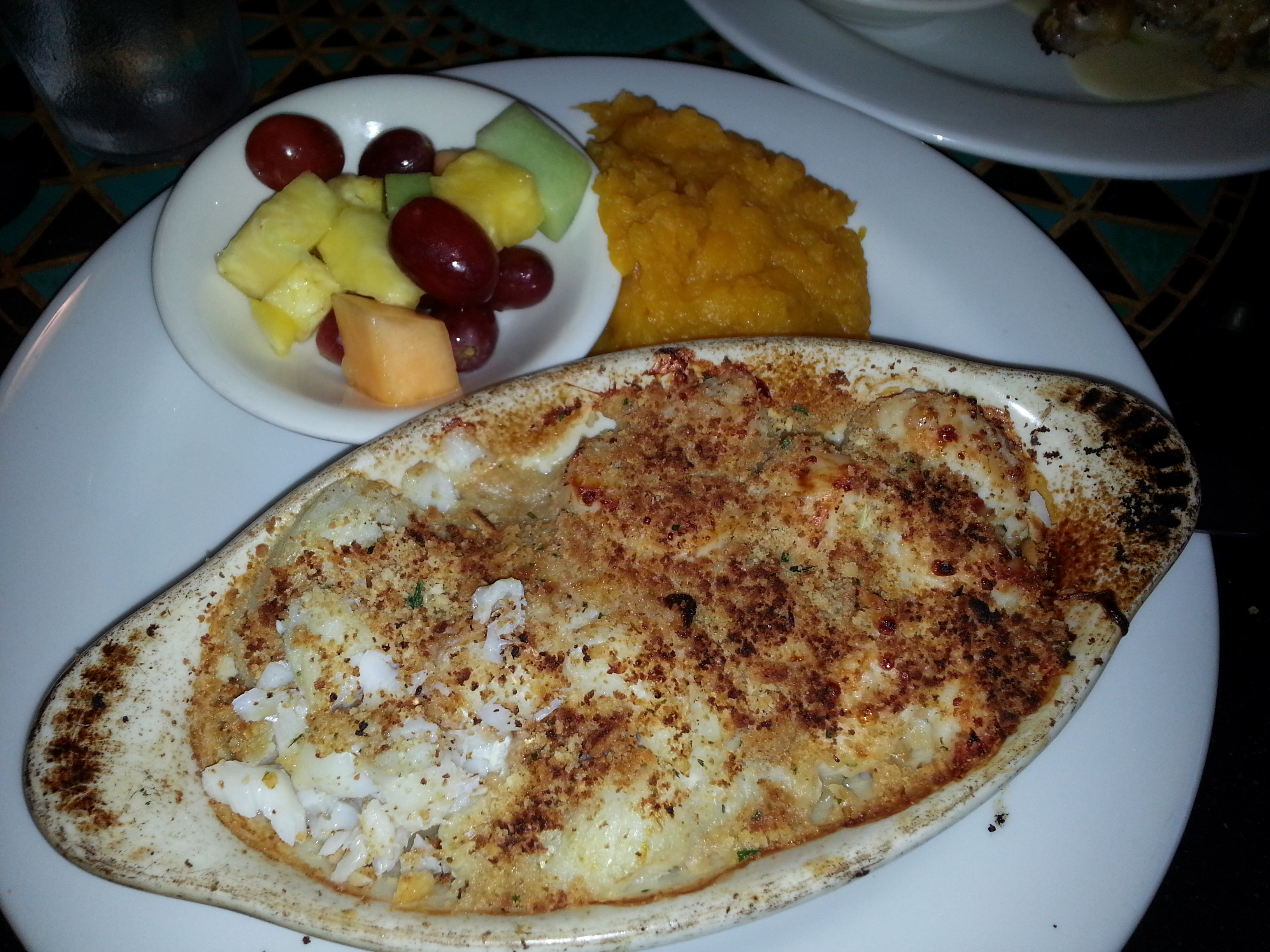It’s been over a month since I made a blog entry. In hindsight, there were probably two driving forces keeping me from making an entry.
One was the thought of the holiday season and its effect on one’s nutrition. As an observer, food plays a major role in one’s nutrition over the holiday’s. There is much weight added to the importance of food in one’s life during the holidays (I don’t mean scale weight, but that too is an issue) – whether it be a family holiday dinner, office holiday party, etc. Many people go to great lengths to put on an impressive and memorable spread. And even if one is conscious with regards to the nutritional value of the foods they create and serve, sometimes it’s just the sheer volume that overrules.
The second, and stronger reason why I didn’t post, is the never-ending train of resolutions. Everywhere I turned, someone somewhere was stating that now was the time to lose weight and get in shape. “It’s a New Year” they say. Motivation spews resolution over the holiday season.
I take a different approach with health concentric motivation, one to me that is simpler and easier to manage. “Lifestyle” is the key ingredient, the major focus. What I interpret in many of the health resolutions I see is a focus contextually revolving around weight loss. I’m not saying that it’s a bad thing, but it’s an incomplete approach and promise, to me a major reason why a majority of the resolutioners only last a month or so. Failure is largely due to unrealistic goals. I believe in that moment you decide to cross that bridge and begin your journey into the healthy lifestyle, that you need to look beyond the goals you set. Weight loss will come with effort. Becoming a more fit version of yourself will come with effort. Your body will follow those efforts. Goals are a great thing – monetary goals, business building goals, personal goals. But those goals should be looked at as benchmarks, and nothing else. There is end point if you truly begin living a healthy lifestyle.
I don’t mean to lessen what you are accomplishing if in fact you made a resolution to yourself and have embarked on your journey. I just hope you see beyond a number you set for yourself. Losing weight is a positive, but doing it by creating lifelong habits with give you a better chance of becoming a healthier you.


